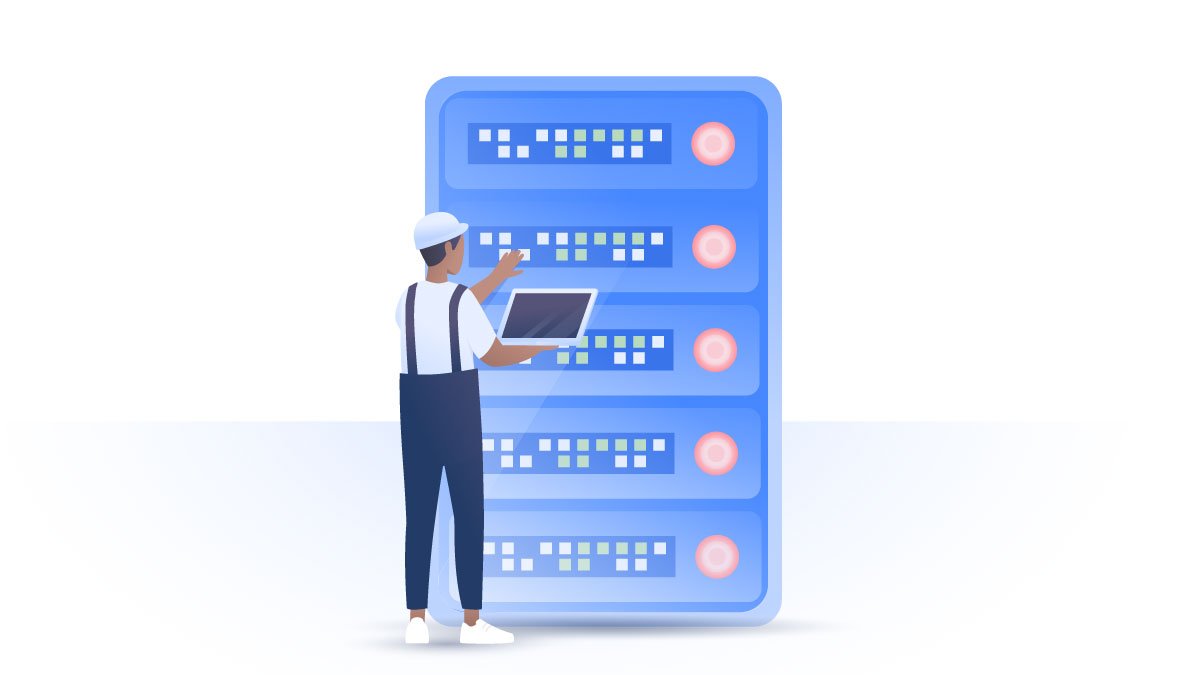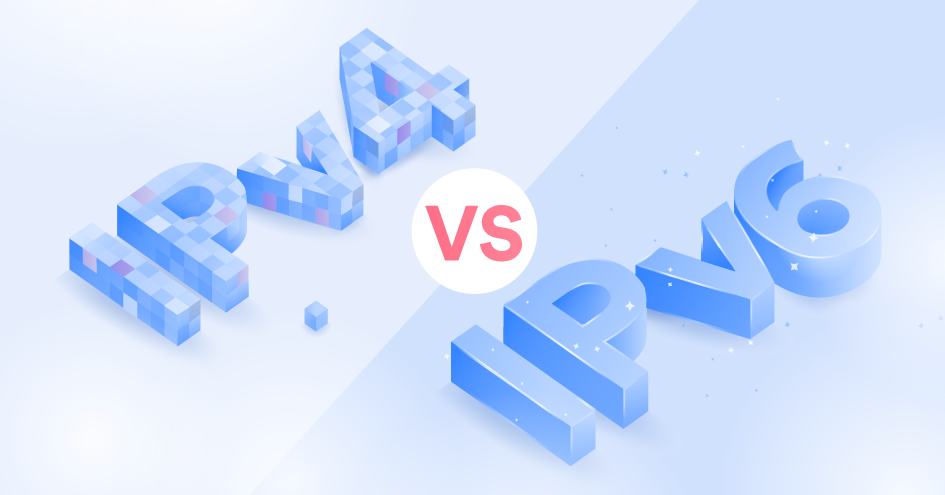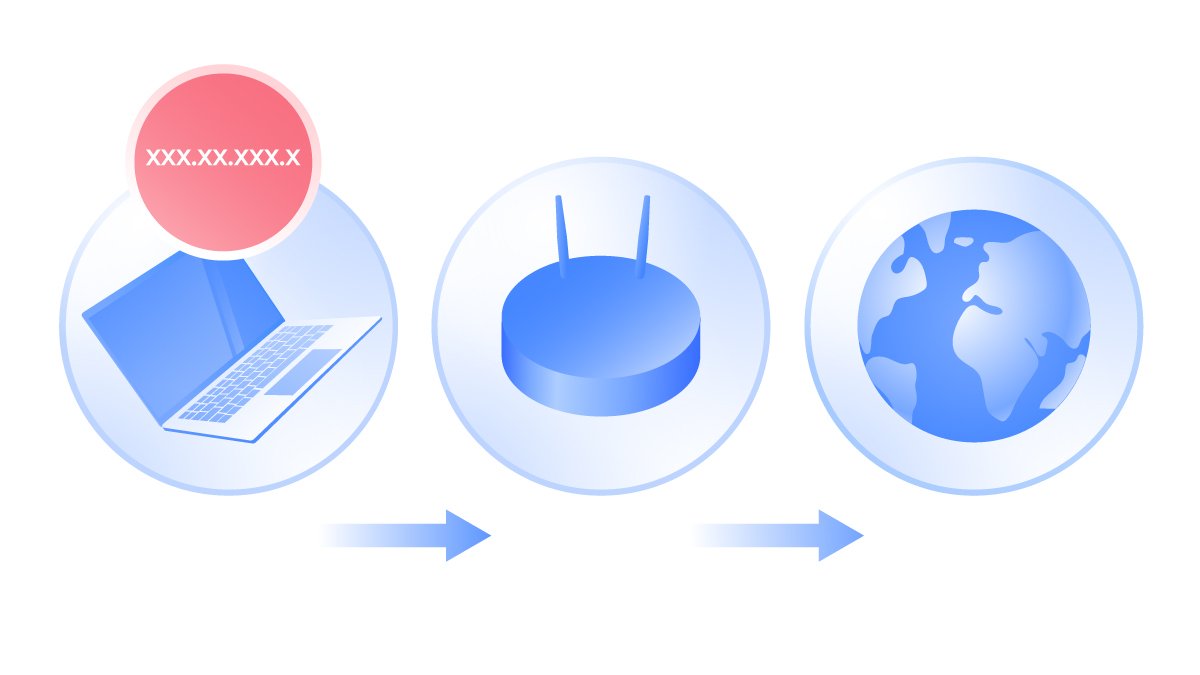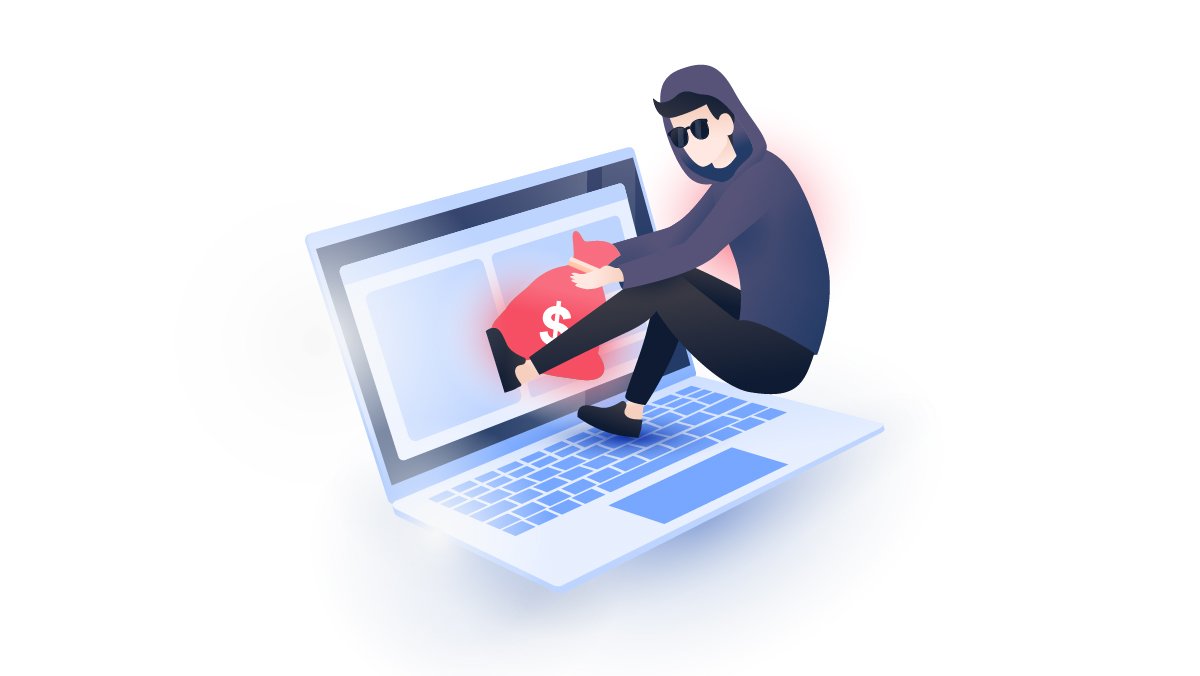Types of IP addresses: all you need to know
IP addresses let internet-connected devices communicate with web servers. However, there are many types of IP addresses. Do you know the main differences between private vs. public, or static vs. dynamic IP addresses? What is a dedicated IP, and do you need one? Read on to find out more about different IP address types, and their uses.
Carlos Martinez
Jan 15, 2022 · 6 min read

Contents
What is an IP address?
An IP address stands for internet protocol address. It’s a string of numbers that identify a device connected to the wider net. Like a mailbox address, internet protocol addresses are needed so that devices and servers can exchange information with one another. For example, if you Google ‘What is a VPN?,’ your device’s IP address will send a request to Google’s servers. Google will then find you an answer and send it back to you, using your internet protocol address to find you.
From this point on, we'll refer to internet protocol addresses as IP addresses. An IP address will always consist of four numbers, separated by dots (with a layout like this: x.x.x.x). Each of the four numbers will be between one and three digits, and must must fall between 0 and 255. That includes your own IP address too. To learn more about this technology, check out our subnet mask article (a subnet mask is a key part of the IP system). .
Types of IP addresses
There are many different IP address types, from private IP addresses to ethernet broadcast IP addresses. They all serve a similar function: making sure data packets reach their intended destination address. We'll go through all the most common ones you should know about. Consumers are likely to have one of two types of IP address:
- Private (used in your internal network)
- Public (used to access the internet)
There are several other types of IP, which we'll explore here too.
What is a private IP address?
Every device on your home network has its own primary IP address assigned by your router. Be it a laptop, a smart TV, or a mobile phone. These IP addresses operate only within the local network, so you and your neighbor, in theory, could be using the same private IP addresses. When each IP address you have is on a different network, they don’t have to be unique.
Two devices on the same LAN (local area network), however, can’t have the same private IP addresses.
What is a public IP address?
Public IP addresses are assigned to you by your internet service provider (ISP) and is the address your router uses to communicate with the wider net. This IP covers your whole network, so if you have several devices using the same internet connection, they will share the same IP address. That's why it's called a public IP address.
Your public IP can be associated with your name — your ISP knows that it belongs to you — so you can be tracked and your internet activities can be monitored. And snoopers, including internet service providers, don't have to put in a lot of effort to find out more about you. A simple IP lookup will do.
Private vs. public IP address
Each device connected to the internet has private and public IP addresses. Why do we need two? Because we don’t have enough IP addresses for the number of devices we use. In the ’80s, when the IPv4 protocol was created, it introduced 32-bit numerical IP addresses. These equated to approximately 4.3 billion unique IP addresses. However, it was soon evident that we needed more.
The problem was solved by introducing private IP addresses and Network Address Translation (NAT). The Network Address Translation system sits on your router and directs the traffic from the web to all the devices sitting on the same internet network. The router also assigns these devices unique private IP addresses. These cannot be routed over the internet, so many devices in the world can have the same private IPs without clashing.
Two types of public IP addresses
Public IPs are also split into two categories: static and dynamic.
Static vs. dynamic IP address
A dynamic IP address, as the name suggests, changes over time. Your ISP assigns them, but unlike other IP address types they will change every time you reboot your device, add a new device to your network, or change your network configuration. The changes rarely have any impact on your connection, and a dynamic IP address is the go-to in most households.
A static IP address, contrary to dynamic IP, never changes. They are typically assigned to servers that host websites or provide email or FTP services. However, they can also be given to public organizations that need stable connections and consistent web addresses. Some Individuals use them for gaming or VOIP connections as these also need very stable connections.
Static IP Addresses are rarely used for individual households as they have some drawbacks:
- ISPs charge extra for assigning a static IP;
- They require additional security measures as they are more susceptible to brute force attacks;
- They are easier to track by data mining companies.
Differences between a dedicated IP and a shared IP address

A dedicated IP address is a unique static IP address given to a website on a shared hosting server, as opposed to a shared IP address which can cover several sites at once. Web servers that host websites can have many static IP addresses assigned to them. The server can then assign a static IP to multiple websites that would then have a shared IP address. However, if the web server offers a static and unique IP address to a single website, this would then be called a dedicated IP.
Some websites opt for dedicated IP addresses because they have high traffic and need stable connections. Their developers might also need to access servers via its IP rather than a URL (especially when the system is down) or need a stable IP address to gain a secure Sockets layer (SSL) certificate. However, dedicated IPs are not just for websites – individuals can get them too. They can be assigned to you by VPN providers such as NordVPN. There are many benefits to a dedicated IP:
- Allows you to control your online reputation;
- Can be used for online banking. Banks can sometimes flag logins with shared IPs as suspicious activity;
- Makes it less likely for websites to ask you to complete ‘captcha’ requests;
- Allows users to connect to remote servers via whitelists.
NordVPN offers secure, convenient dedicated IPs around the world
Do IP addresses change?
IP addresses can change depending on different circumstances. If you’re connected to Wi-Fi on your tablet or smartphone you have a public IP assigned by your ISP. However, if you turn off your Wi-Fi and switch to your mobile network, you will have a different IP, which is now assigned by your telecom operator.
When you connect to the internet via router, you’ll have the same public IP address (dynamic) only for a while, as your ISP might change it from time to time. This is because you’re leasing the address and it can be given to other people.
A static IP always remains the same as you own it. You can assign it to a single device on your local network, keeping other devices under a dynamic IP. However, since your internet activity is identified by one public IP address, all the devices on your network can fall under the same static IP. It’s all a matter of configuration.
What IP do I get when I use a VPN?
An IP address can say a lot about you – your location, the IP ownership, and even the digital footprint that IP has left. However, your IP address can be changed if you route your traffic through a VPN server. But what type of IP are you assigned when you use a VPN? You can either have a shared or a dedicated IP.
A common practice for VPN providers is to assign you a shared IP address. Privacy-wise, it’s the best option. It’s shared by multiple users, so it makes it more difficult for the websites to track you. Shared IP is also great for P2P file sharing and, if you travel a lot, to access the content that might be censored in the country you are visiting.
On the other hand, a shared IP can have a “bad neighbor effect,” which means that if someone using the same IP gets blacklisted on a particular website, you won’t be able to access it either. However, this is a rare occurrence. The worst inconvenience you might face is more captcha requests than usual – when sites try to prove you aren’t a bot.
Change your IP with NordVPN risk-free with our 30-day money-back guarantee!



